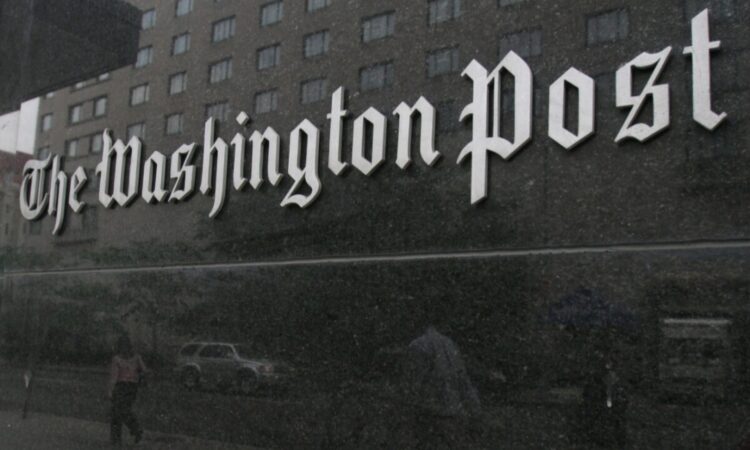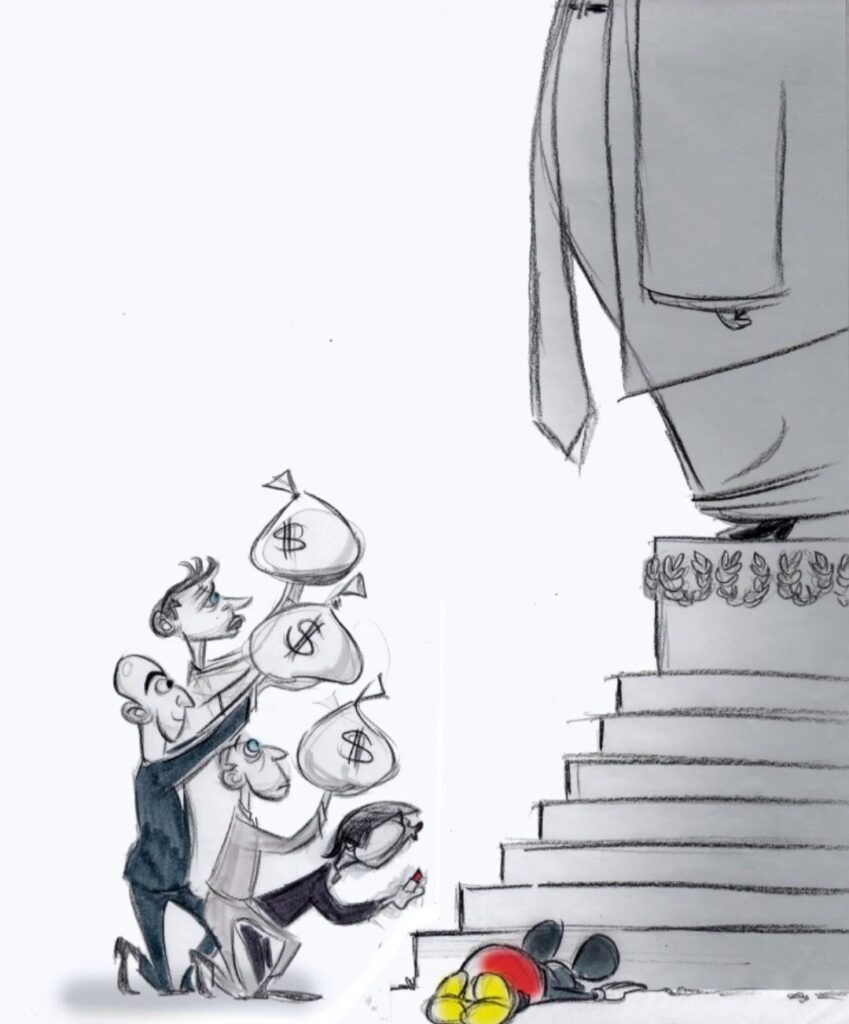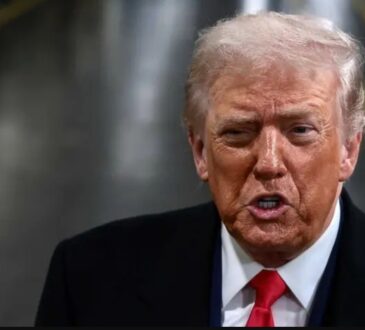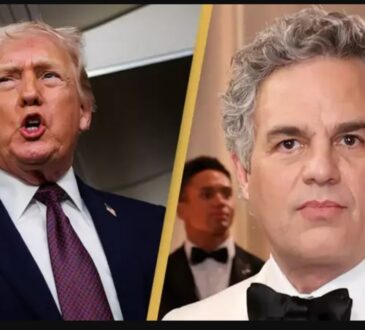Washington Post Cartoonist Resigns After Cartoon of Bezos Bowing to Trump Gets Blocked—The Shocking Reason Revealed

Ann Telnaes, a well-known cartoonist for The Washington Post, has decided to leave her job after the newspaper’s editors refused to publish one of her cartoons.
The cartoon mocked powerful business leaders, including Jeff Bezos, who owns The Washington Post. Telnaes shared her frustration, saying this was the first time in her 15 years at the paper that one of her cartoons was rejected because of its subject.

The cartoon she created focused on billionaires like Jeff Bezos, Mark Zuckerberg (CEO of Meta), Sam Altman (AI leader), Patrick Soon-Shiong (owner of the Los Angeles Times), and others. It portrayed them kneeling before President-elect Donald Trump and handing him bags of money. Telnaes explained that these tech and media executives were trying to get closer to Trump because they have big government contracts or want to influence policies.
This rejection comes after other controversies involving Bezos and The Washington Post. Last year, Bezos blocked an editorial that supported Vice President Kamala Harris during the election. This decision upset both the staff and readers of the paper, leading to over 200,000 subscription cancellations.
Telnaes used her resignation to highlight a bigger issue. She argued that news organizations, especially those owned by wealthy individuals, have a responsibility to protect free speech and democracy. She believes that when owners prioritize personal or financial interests—like trying to stay on Trump’s good side—it threatens the independence of the press.
She also pointed out that some tech leaders have been making large donations to Trump’s inauguration. For example, Mark Zuckerberg and Amazon each donated $1 million. Telnaes warned that such actions undermine the role of the press, which is supposed to hold people in power accountable, not cater to them.
Telnaes’s departure raises important questions about the future of journalism, the role of corporate ownership in media, and the importance of protecting free speech in a democracy.




